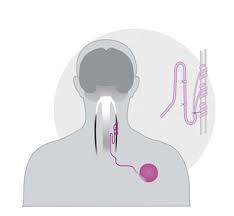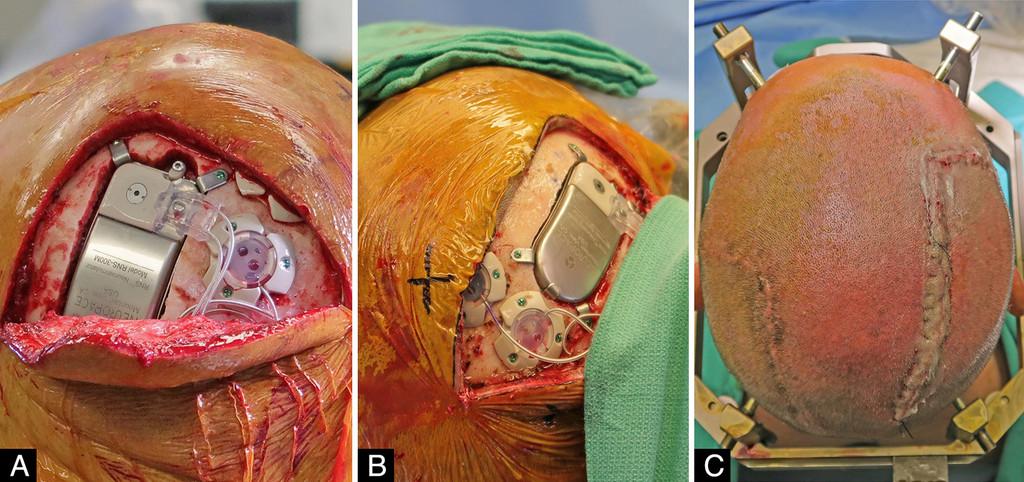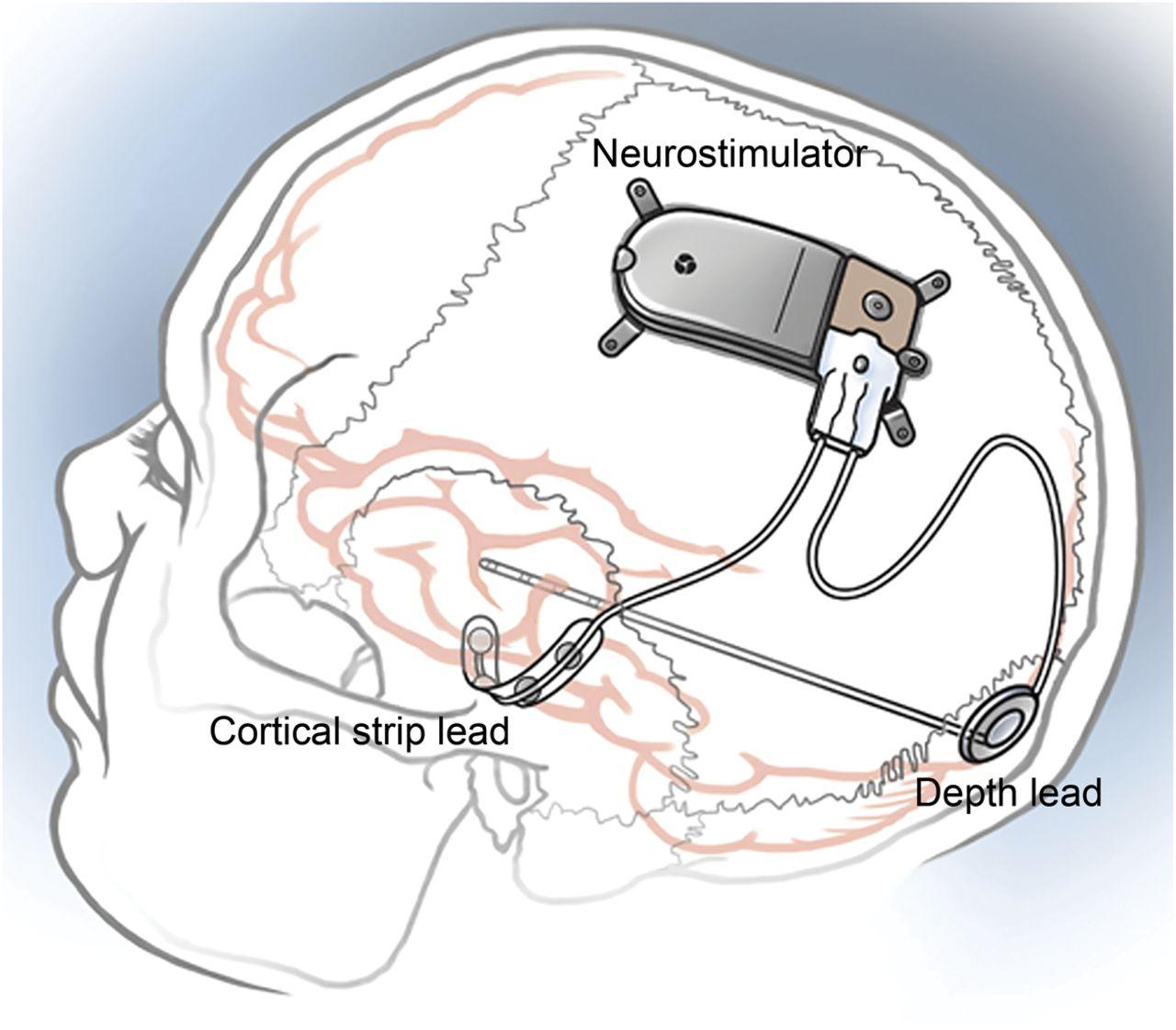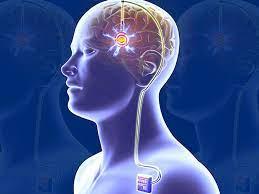Effective Epilepsy Treatment Options and Therapies | Expert Explanation
Subheading: Understanding Epilepsy and Its Treatment Approaches
Epilepsy, a neurological disorder affecting millions worldwide, is characterized by recurrent seizures caused by abnormal brain activity. Managing epilepsy involves finding effective treatment options and therapies that can help control seizures, reduce their frequency and intensity, and improve the overall quality of life for individuals living with this condition.
Exploring Treatment Options
Medication: Anti-epileptic drugs (AEDs) are the most commonly prescribed treatment for epilepsy. These medications work by stabilizing the electrical activity in the brain, reducing the likelihood of seizures. There are various types of AEDs available, and the choice of medication depends on the type of epilepsy, the patient's age, medical history, and other factors. It is important to work closely with a healthcare professional to find the most suitable medication and dosage.
Surgery: For individuals whose seizures are not adequately controlled with medication, surgery may be considered. Epilepsy surgery aims to remove or alter the brain tissue responsible for triggering seizures. It is typically recommended for patients with localized seizure origins and when the benefits outweigh the risks. Advances in surgical techniques and technology have made it a viable option for many individuals, leading to significant improvements in seizure control.
Vagus Nerve Stimulation : VNS is a non-drug treatment option for individuals with partial-onset seizures that are not fully controlled by medication. A device is surgically implanted under the skin, which delivers regular electrical stimulation to the vagus nerve, a major nerve in the body. This stimulation helps regulate abnormal brain activity and reduce seizure frequency. VNS can be an effective adjunct therapy to medication for some patients.

Responsive Neurostimulation : RNS is a recently developed treatment option for individuals with focal epilepsy who have not responded well to medication or are not suitable candidates for surgery. It involves implanting a device in the brain that monitors the electrical activity and delivers targeted electrical stimulation to prevent seizures from occurring or minimize their impact. RNS is programmed to detect and respond to specific brain patterns associated with seizures, providing on-demand therapy.


Advancements in Epilepsy Management
Ketogenic Diet: The ketogenic diet, high in fats and low in carbohydrates, has shown promise in reducing seizures, especially in children with epilepsy. This low-carb, high-fat diet forces the body to produce ketones, which can help control seizures. While it requires strict adherence and close medical supervision, the ketogenic diet can be an effective treatment option, particularly for individuals with medication-resistant epilepsy.
Neurostimulation Devices: Besides VNS and RNS, other neurostimulation devices are being researched and developed to provide alternative treatment options for epilepsy. These devices include deep brain stimulation (DBS), transcranial magnetic stimulation (TMS), and magnetic seizure therapy (MST). While still in experimental stages or limited to specific cases, these advancements offer potential new avenues for managing epilepsy in the future.

In conclusion, effective epilepsy treatment involves a comprehensive approach tailored to each individual's specific needs. While medication remains the first line of defense, surgical interventions, neurostimulation therapies, and alternative treatment options like the ketogenic diet contribute to improved seizure control and enhanced quality of life
We are associated with experienced and highly skilled medical professionals. We use the latest medical technology available in the world and we provide medical services in collaboration with JCI & NABH Certified hospitals only. Our services include various types of treatment and organ restructuring and transplant.
